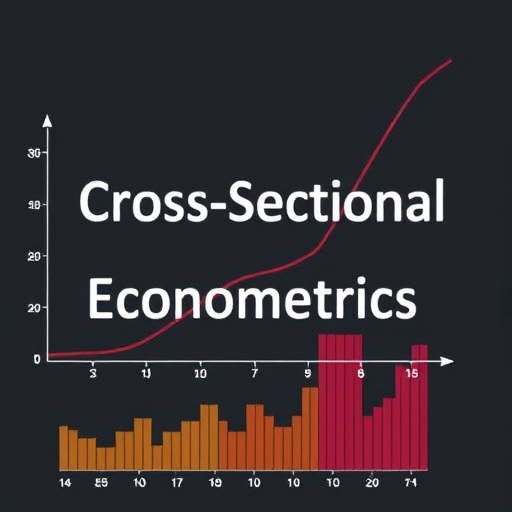This study investigates the effect of social safety net (SSN) programs on food insecurity among agricultural households in Nigeria. Utilizing data from the 2023/2024 LSMS-ISA General Household Survey-Panel for 4,716 households, the analysis employs a heteroskedastic probit model to assess the impact of key programs while controlling for socio-economic characteristics. The results demonstrate that SSN participation significantly reduces the probability of food insecurity. Specifically, Conditional Cash Transfers and the School Feeding Programme decrease the likelihood of food insecurity by 67% and 53%, respectively. However, the profiling of households reveals critical disparities in program access; beneficiaries are significantly more likely to be male-headed, younger, and have higher educational attainment, indicating the systematic exclusion of more vulnerable demographics such as female-headed and widowed households.
View Full Article (PDF)Downloads: 3


Comments
No comments yet. Be the first to comment!